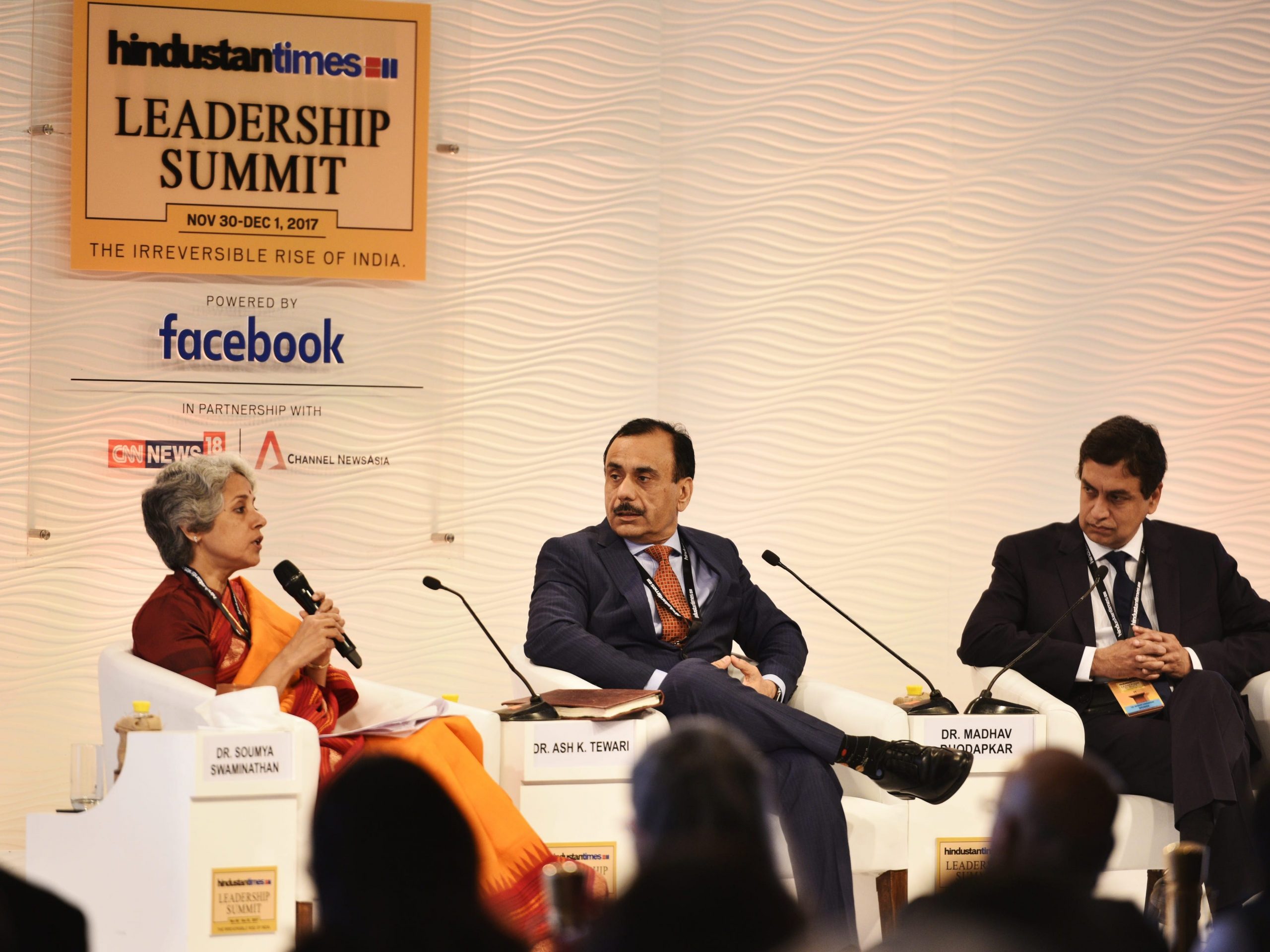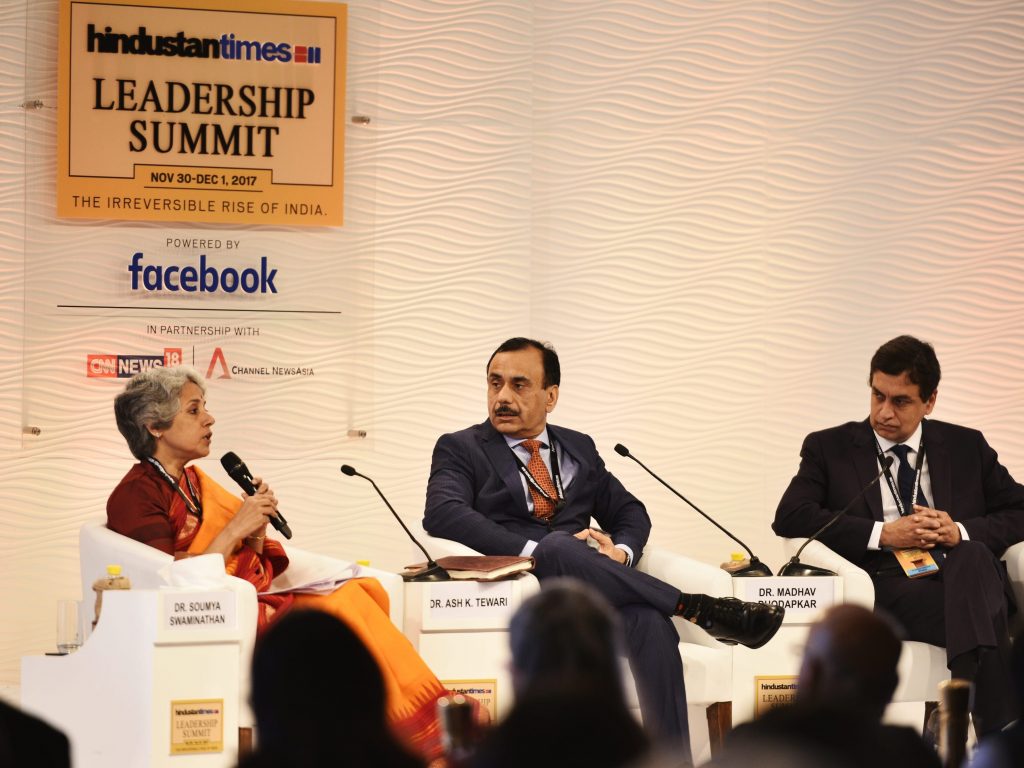
Sanchit Khanna/Hindustan Times/Getty Images
- The WHO's top scientist said it's too early to recommend COVID-19 vaccine booster shots.
- Soumya Swaminathan said we don't yet have enough data.
- Vaccine manufacturers are developing extra doses that could boost the immune response in fully-vaccinated people.
- See more stories on Insider's business page.
The World Health Organization's top scientist says it's too early to recommend COVID-19 booster shots.
Vaccine manufacturers are developing extra doses that could boost the immune response in fully vaccinated people, but Soumya Swaminathan, chief scientist at the WHO, said that "we don't have the information that's necessary to make the recommendation on whether or not a booster will be needed."
Swaminathan told Bloomberg on Friday that it was "premature" to recommend boosters while the "science is still evolving,'' and when many high-risk people around the world still haven't had their first shot. Less than 10% of the world's population is fully vaccinated, according to Oxford University's Our World in Data.
Swaminathan said that data from countries introducing precautionary extra shots later this year – particularly for vulnerable people whose immunity to coronavirus may wane faster – would inform the WHO's guidance, Bloomberg reported.
Booster doses aim to reignite the immune response, which reduces over time, and to protect against coronavirus variants. But as Insider previously reported, questions remain as to when they'll be needed or if they're needed at all, because we don't know how long a COVID-19 vaccine protects you for.
Moderna said on May 5 that early lab data showed a third dose of its two-dose COVID-19 vaccine boosted antibody levels, which is a part of the immune response. Pfizer and AstraZeneca are yet to announce results of their booster shot trials.
Dr. Jennifer Verani, co-lead of the Centers for Disease Control and Prevention (CDC) vaccine effectiveness team, told Insider that her team was focused on getting data to inform decisions about booster shots. "I really don't think we can speculate at this point what the recommendations will be with regards to a booster," she said.
Francis Collins, director of the National Institutes of Health, told Bloomberg that so far, the existing COVID-19 vaccines work "well enough" to protect against Beta, Delta and the two other strains that the WHO has designated as variants of concern.
Matt Hancock, the UK Secretary of State for Health and Social Care, said Monday that the country plans to give out booster shots in Autumn, pending the results of trials testing various COVID-19 vaccine combinations. The UK is potentially facing another surge of infections driven by the highly contagious Delta variant, first identified in India, which can partially avoid the immune response.

